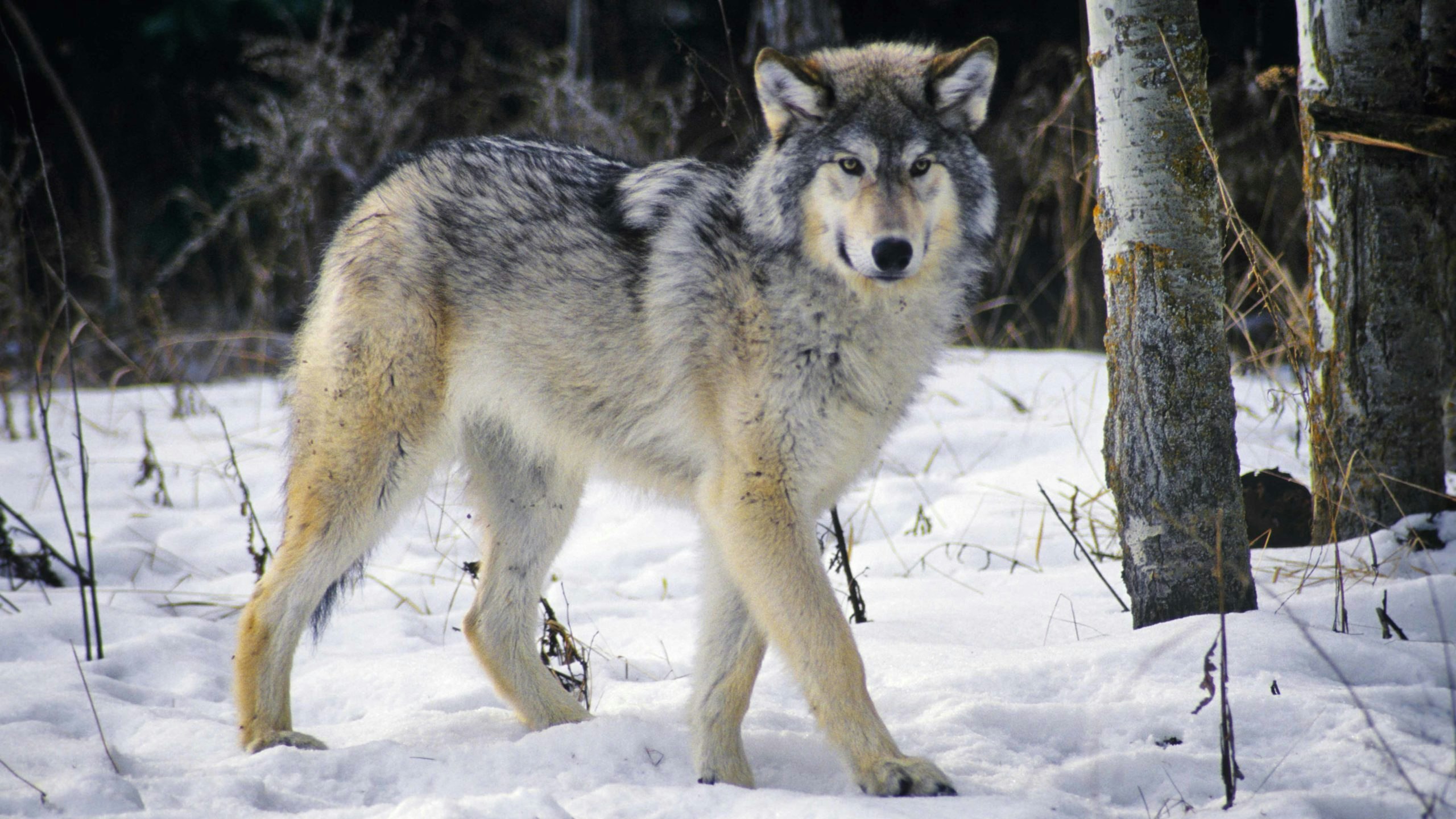Dear Editor:
Cat Urbigkit’s latest opinion piece takes exception to Western Watersheds Project’s comment letter to the U.S. Fish and Wildlife Service, concerning the terms and conditions of the coming legally-mandated wolf reintroduction in Colorado.
In our letter, we highlight the virulent opposition to wolf reintroduction by certain agriculture and hunting groups, the rise of anti-wolf hate speech and associated threats of illegal killings, and also Urbigkit’s recent trip to northern Colorado, during which (by her own admission) she advocated for lethal control of wolves with the local rancher association.
One of the central points of our comments was that the undercurrent of hate and bloodlust directed at wolves, exhibited by certain elements of the livestock industry and hunting community, means that wolves should retain their ‘endangered species’ status through the reintroduction process so miscreants can be prosecuted to the fullest extent of the law (and illegal behavior can be deterred by stiff penalties).
While Urbigkit insists that our letter’s characterization of her as “rabidly anti-wolf” was “a lie,” her own writings tell a different story.
In another column (also on the topic of wolves and why conservation professionals should be reviled), Urbigkit details her own personal experiences with wolves. “One wolf was killed in response,” Urbigkit writes following one alleged wolf depredation on her sheep, and later “the situation escalated” and “we killed two more wolves.”
Later, she writes, “I requested the pack be eliminated,” so “5 wolves were killed by animal damage control specialists.” Then, “we killed another wolf from the pack.” Still later, “We trapped and killed two wolves.” There was one wolf that was trapped and released, perhaps a surprising act of clemency, but within weeks “animal damage control officials killed half of the pack.” Later, “We reinstituted lethal control, taking out the remaining pack members.”
The State of Wyoming’s irresponsible wolf “management” plan enables such unregulated wolf-killing. Under the plan, wolves are classified across 85 percent of the state as a “predatory animal” – which can be killed in any season, in unlimited numbers, without even requiring a hunting license.
In essence, this plan not only leaves wolf killing completely unmanaged and unregulated, but also implicitly encourages the complete eradication of wolves throughout most of Wyoming.
It’s ranchers like Urbigkit, and states like Wyoming, leaving a trail of dead wolves due to their stubborn refusal to coexist in a non-lethal way, that demonstrate most clearly why wolves need to be under federal protection.
Requesting (and by her account, actively participating in) the elimination of entire packs of wolves is unreasonable and extreme. In western Wyoming, we find such attitudes to be relatively prevalent, and the ranching community does precious little to discourage them.
It has gotten so bad that local residents have bragged about repeatedly running over coyotes and wolves with snowmobiles (a fact highlighted in our comments to the Fish and Wildlife Service to exemplify the toxic custom and culture that can be found in the region), and to the best of our knowledge the perpetrators have never been held to account.
It is notable that while Urbigkit loudly takes issue with being called “anti-wolf,” we are unaware of any efforts she has made to spotlight the cruel and pathological anti-wolf actions in her own local community.
The agriculture industry might gain some credibility with conservation professionals by policing their own ranks. Instead, conservationists have watched them double down on demands to kill native wildlife, an insistence that the land be cleared of any and all species that inconveniences their ranching operations. We’re seeing this all across Wyoming: western Wyoming ranchers calling for wolf packs to be eliminated, eastern Wyoming ranchers poisoning out prairie dogs.
A southern Wyoming rancher I once met at a public hearing in Rock Springs bragged about how his requests to the USDA’s Wildlife Services resulted in more than a thousand coyotes being gunned down from airplanes. No wonder the livestock industry is getting a bad reputation.
In Idaho, multi-year experiments were undertaken by a sheep operation, the Lava Lake Ranch, to test whether coexistence methods could work without killing wolves. These methods worked out well on that ranch – livestock losses dropped to very low levels without killing any wolves – but they didn’t work so well for the Phantom Hill wolf pack for which the project was designed. These wolves were wiped out when they wandered onto public lands grazed by a different rancher, who didn’t believe in a coexistence strategy.
And so, when a rancher insists that killing wolves is a necessary part of coexistence, as Urbigkit repeatedly has, conservation professionals are likely to take exception. Killing is never coexistence; killing ends the existence of the affected animal. Until the livestock industry fully and universally adopts the stance that their operations will coexist peacefully with the native wildlife, without causing ecological problems, their actions invite ever-stricter laws and regulations to compel them to cease the damage they are causing to the natural world.
A rancher’s livestock, by law, belong to them, and they are legally free to send them to slaughter. The public’s wolves do not.
Sincerely
Erik Molvar
Executive Director
Western Watersheds Project





